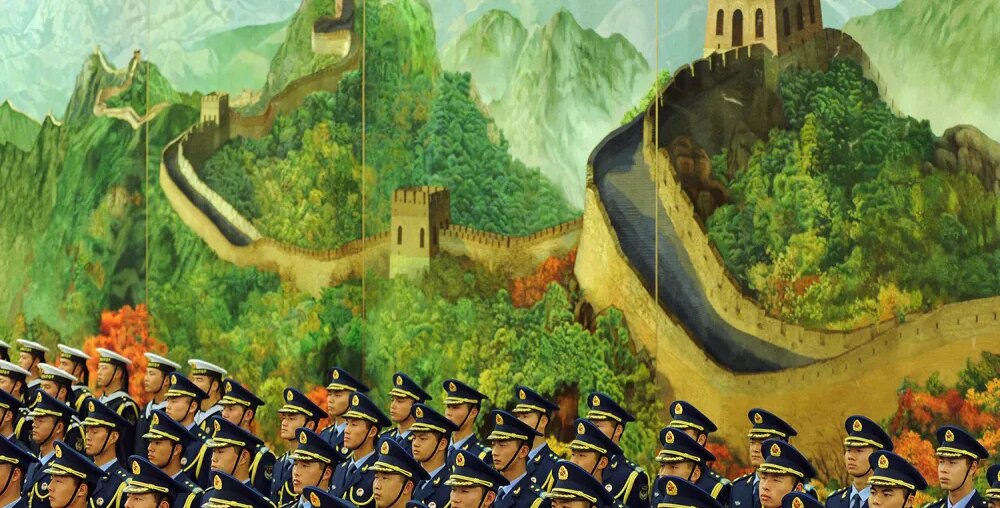On Oct. 1, 1949, Mao Zedong proclaimed the founding of the People’s Republic of China (PRC) from the top of Beijing’s Tiananmen Gate. Now, as the PRC celebrates its 75th anniversary, we wanted to revisit its past—and Chinese leaders’ efforts to rewrite it. As former Guardian China correspondent Tania Branigan put it, the Chinese Communist Party “sees history not as a record, still less a debate, but a tool.”
From Beijing-Moscow relations to China’s “economic miracle,” the essays below examine the PRC’s transformation over the past 75 years—and the histories that the state has sought to obscure.—Chloe Hadavas
On Oct. 1, 1949, Mao Zedong proclaimed the founding of the People’s Republic of China (PRC) from the top of Beijing’s Tiananmen Gate. Now, as the PRC celebrates its 75th anniversary, we wanted to revisit its past—and Chinese leaders’ efforts to rewrite it. As former Guardian China correspondent Tania Branigan put it, the Chinese Communist Party “sees history not as a record, still less a debate, but a tool.”
From Beijing-Moscow relations to China’s “economic miracle,” the essays below examine the PRC’s transformation over the past 75 years—and the histories that the state has sought to obscure.—Chloe Hadavas
A landlord is executed near Fukang, Xinjiang, circa 1949. Keystone/Hulton Archive/Getty Images
The People’s Republic of China Was Born in Chains
The Communist Party calls 1949 a liberation. But China was far freer beforehand, Frank Dikötter writes.
Soviet leader Joseph Stalin and Chinese leader Mao Zedong meet in Moscow in December 1949.Sovfoto/Universal Images Group via Getty Images
The Beijing-Moscow Axis Is Much Stronger This Time Around
The Sino-Russian partnership is tighter than the Sino-Soviet one, with no reason for a split any time soon, Jo Inge Bekkevold writes.
Chinese President Xi Jinping takes his tea cup during the closing session of the National People’s Congress at the Great Hall of the People on March 11, in Beijing, China. Kevin Frayer/Getty Images
Xi Jinping Is Fighting a War for China’s History
Fear of “historical nihilism” has haunted China’s leadership for years, Katie Stallard writes.
Paramilitary police officers march past the portrait of Chinese leader Mao Zedong on Tiananmen Gate as it undergoes renovations in Beijing on May 18, 2019. Greg Baker/AFP via Getty Images
Mao’s Legacy Is a Dangerous Topic in China
Discussing the Cultural Revolution has become increasingly risky, Tania Branigan writes.
Chinese People’s Liberation Army honor guards stand in front of a mural of the Great Wall inside the Great Hall of the People in Beijing on Nov. 9, 2010. FREDERIC J. BROWN/AFP/Getty Images
China’s Vast History Can’t Be Caught in the CCP’s Net
There are 10,000 stories of China. The government wants to tell only one of them, writes Jeannette Ng.






